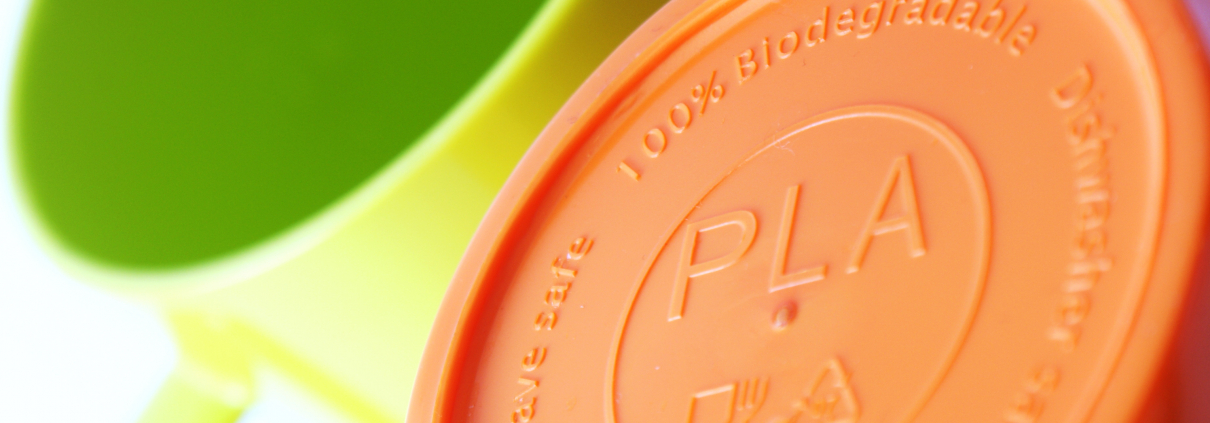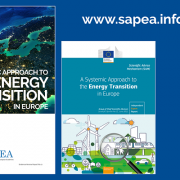New Evidence Review Report: Can Biodegradable Plastics Help Reduce Plastic Pollution?
SAPEA, one of ALLEA major projects, just published a new evidence review report presenting the latest scientific evidence on biodegradability of plastics in the open environment. What does ‘biodegradable plastic’ mean? Can biodegradable plastics help reduce plastic pollution? What policies should be in place to ensure that biodegradable plastics are beneficial to the environment, compared with non-biodegradable plastics? These questions are in focus of this new evidence review report.
In the report, a working group of leading experts nominated by academies across Europe conclude that biodegradable plastic has a role to play in reducing the accumulation of plastics in the environment. However, its role is limited to some specific applications. In other cases, including single-use packaging and plastic bags, it would be better to reduce the amount of plastic we use — or to re-use it, recycle it, or, where we can, compost it in industrial plants.
The SAPEA experts also stress that calling something ‘biodegradable’ does not mean that it will biodegrade in all conditions. Whether an item will biodegrade harmlessly depends not only on the item itself, but which environment it ends up in, what it breaks down into, and how long that takes.
SAPEA (Science Advice for Policy by European Academies) brings together outstanding expertise in engineering, humanities, medicine, natural and social sciences from over 100 academies, young academies and learned societies across Europe. It is part of the European Commission’s Scientific Advice Mechanism.










